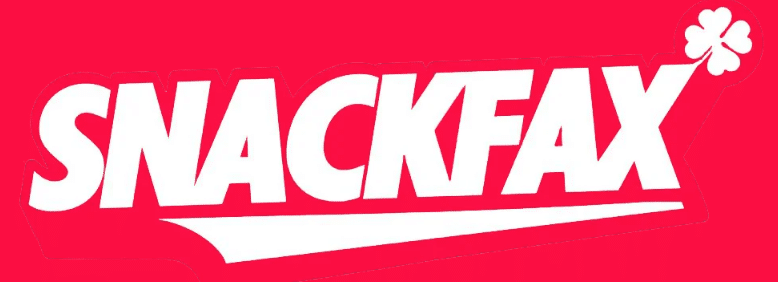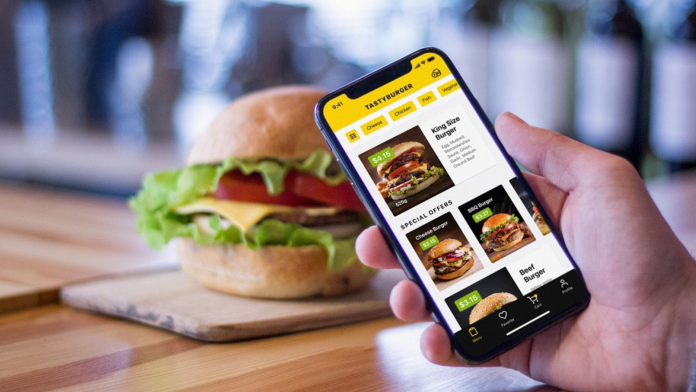Despite the fact that approximately 75% of restaurants have their own direct ordering channels, including their own apps, websites, social media connections, and direct tele-calling, they still rely on food delivery aggregators like Zomato and Swiggy for nearly one-third of their revenue.
According to a recent report by JM Financial, which surveyed over 135 restaurants across the top 10 cities, it was found that over 85% of these restaurants increase the prices on their online menus compared to their dine-in menu prices. This adjustment is made to offset the high commissions and discounts imposed by food delivery aggregators.
“While, theoretically, the organised food services industry can survive without the presence of aggregators, practically that is unlikely to ever happen. Even some of the branded, chain restaurants mentioned that they have limited bargaining power over aggregators on account of the latter’s sheer size, customer loyalty and diversified supplier base,” said the report.
Despite the significant role played by food delivery aggregators in boosting demand, the National Restaurant Association of India (NRAI) argues that these dominant players are not irreplaceable. Over the past few years, there has been ongoing friction between restaurants and aggregators regarding the high commission rates charged, which restaurants claim significantly impact their profit margins.
Anurag Katriar, Founder at Indigo Hospitality and NRAI Trustee, said, “For the restaurant business, their contribution should not be more than 15% on an average, while QSRs and cloud kitchens largely survive on these food aggregators. There is a strong duopoly in the delivery space currently but survival, especially for small restaurants, is a challenge despite strong sales growth. The ecosystem is so unhealthy that no one, neither aggregators nor restaurants are making profit, clearly indicating that the current terms needs to be reworked, which has been an ongoing process.”
According to JM Financial, the average commissions reported by restaurants amounted to 27% of the average order value. However, it is important to note that this figure is likely inflated by the 18% Goods and Services Tax (GST) that aggregators are obligated to collect from restaurants in addition to their own commissions. When accounting for this factor, the actual commissions could range from 22% to 23%.
Swiggy stated that its food marketplace has played a pivotal role in increasing sales for 280,000 restaurants. By acting as a marketing tool, Swiggy attracts a diverse customer base actively seeking various dining experiences, thereby driving demand for these restaurants.
Rohit Kapoor, Chief Executive Officer at Swiggy Food-Marketplace, said, “Restaurants can focus on creating exceptional culinary experiences while we take care of the delivery. We are dedicated to supporting and empowering the restaurant community, reshaping the food industry landscape to ensure a thriving dining experience not only in metros but also in smaller cities and towns”
According to experts, the Open Network for Digital Commerce (ONDC), which enables restaurants to directly sell food to consumers through buyer apps, is still in its early stages. Many restaurants remain uncertain about the process of joining the network. This hesitation persists despite the advantages offered by ONDC, such as no delivery fees for consumers and considerably lower commissions compared to other platforms.
Read More: How to use ONDC – The affordable food delivery app that’s creating waves against Swiggy and Zomato
Zomato, in its Q4 earnings call, said a lot of its restaurant partners get a large number of orders directly placed with them either through phone or via own website or apps.
“We welcome any change or any innovation that helps the restaurants industry grow and there are a lot of innovations happening out there. And we will continue watching it and learning from it. At this point, we don’t feel anything is going to come at the cost of our growth as the overall penetration is low. And therefore, there is room for everyone to grow in this market right now,” Akshant Goyal, Chief Financial Officer at Zomato, told analysts last month.


